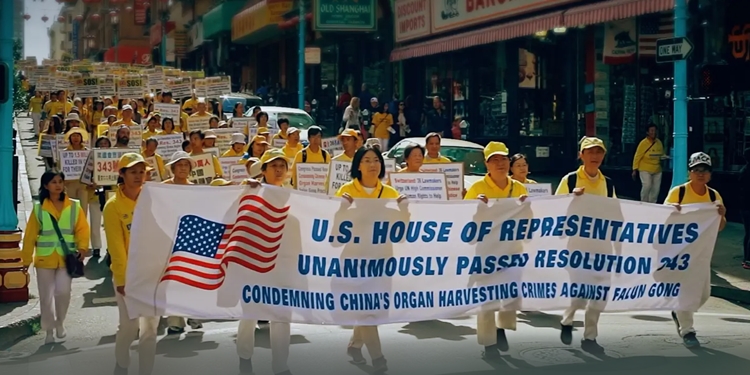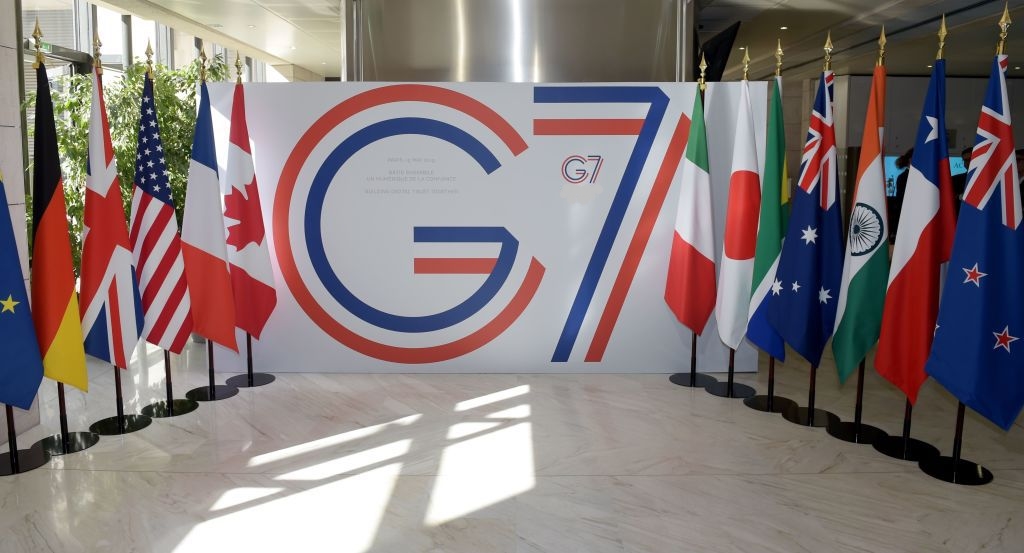
Are Apple and Microsoft more cravenly submissive to governmental demands for censorship than Mozilla? And what about Google?
In a “Free Speech Dispatch” that in part discusses how certain American technology companies have obeyed the censorship orders of foreign governments—becoming partners in repression for the sake of market access—Sarah McLaughlin notes recent conduct by Apple, Microsoft, and Google (FIRE, July 16, 2024).
She contrasts Mozilla, which “ultimate rejects censorship” ordered by Russian regulators, with Apple, which “readily complies.”
In recent months, Russian authorities have cracked down on virtual private network access, which allows internet users, especially those in extensively censored or surveilled countries, to navigate the web more freely. Russian media regulator Roskomnadzor has in turn sent warnings to companies including Mozilla and Apple, which enable access to VPNs.
Mozilla initially complied in June, blocking censorship circumvention add-ons to the web browser Firefox in Russia. But by June 13, Mozilla announced that in keeping with its “commitment to an open and accessible internet,” it would restore listings for the add-ons. Apple, however, has made no such reversal since its removal of over two dozen VPN apps from its app store. This is no surprise given Apple’s frequent and unquestioning compliance with government demands.
Apple has also kicked many VPN apps out of its China app store.
With respect to Microsoft, the University of Toronto’s Citizen Lab “has made a disturbing discovery: In China, Microsoft’s foreign translation and search engine service Bing censors more material than its Chinese counterparts in the country. Bing translations discussing President Xi Jinping, for example, are wholesale censored while competing companies only censor the relevant sentences.”
This means, writes McLaughlin, that Microsoft is not merely complying with the censorship demands of a totalitarian state but “over-complying.” (Well, okay, but complying only to the extent asked would also be over-compliant.)
And then there’s Google.
When VOA “asked Google’s AI assistant Gemini queries that criticized the Chinese Communist Party in Mandarin, Gemini either offered answers that appeared to share Chinese government propaganda or refused to provide information. When VOA asked about human rights, for example, Gemini said it did not understand the question. Similar questions given in English returned more neutral results.”
What is causing these results? Most likely, the material “used to train the service in Mandarin comes from the Chinese government or the country’s heavily censored internet.”
Also see:
Rest of World: “Microsoft Bing’s censorship in China is even ‘more extreme’ than Chinese companies’ ”
“ ‘If you try to translate five paragraphs of text, and two sentences contain a mention of Xi, Bing’s competitors in China would delete those two sentences and translate the rest. In our testing, Bing always censors the entire output. You get a blank. It is more extreme,’ Jeffrey Knockel, senior research associate at Citizen Lab, told Rest of World….
“Microsoft has not responded to Rest of World’s requests for comment.”





